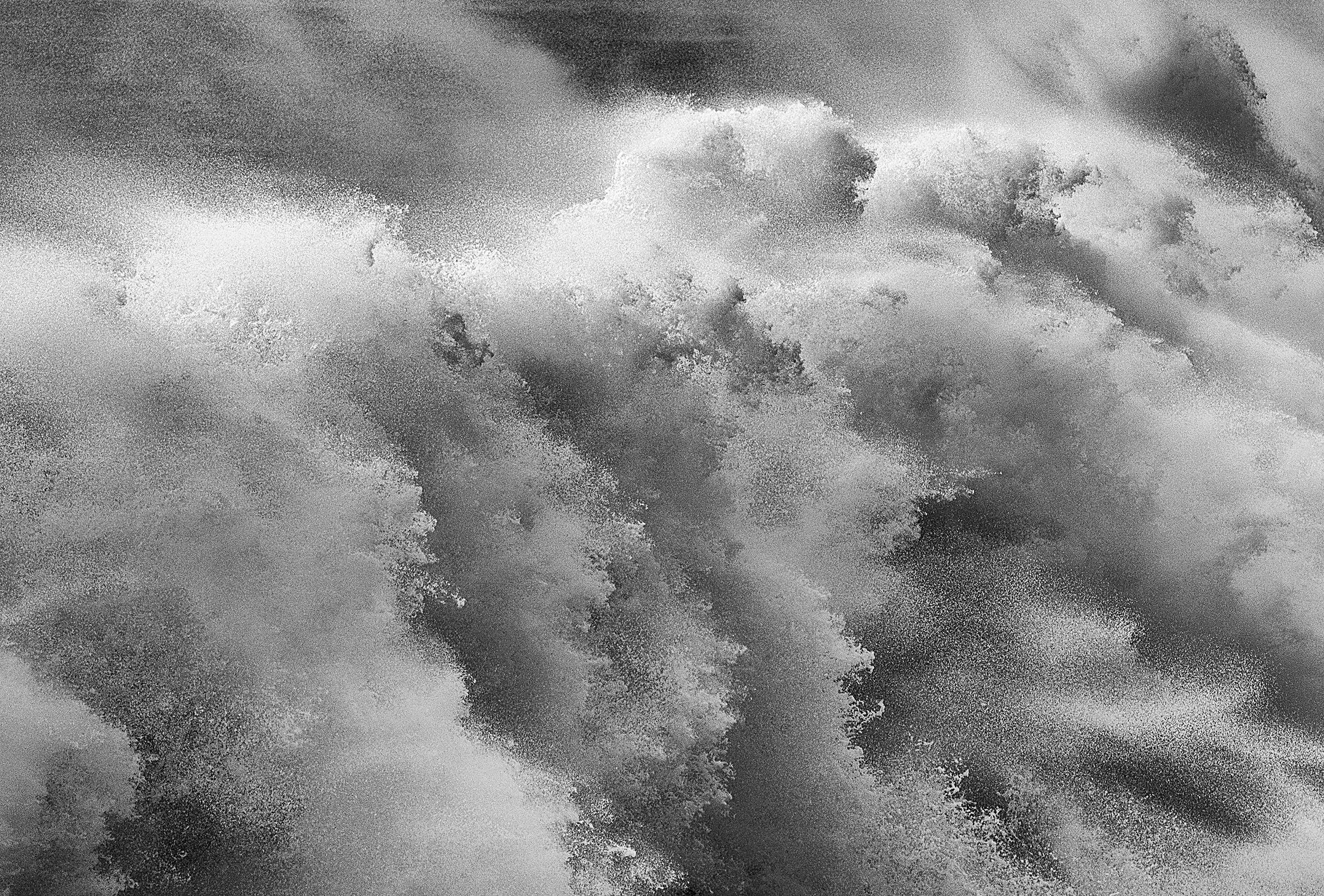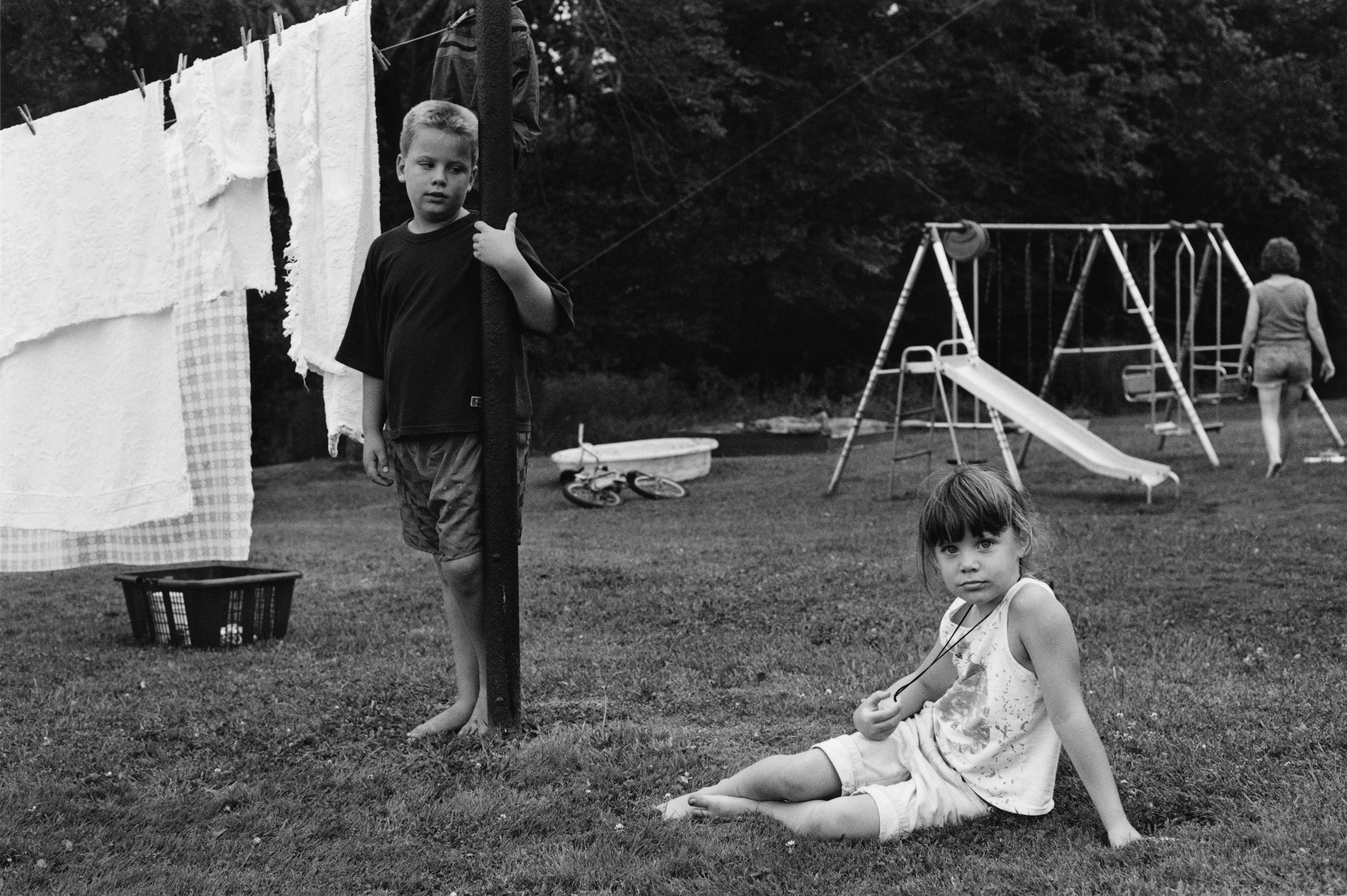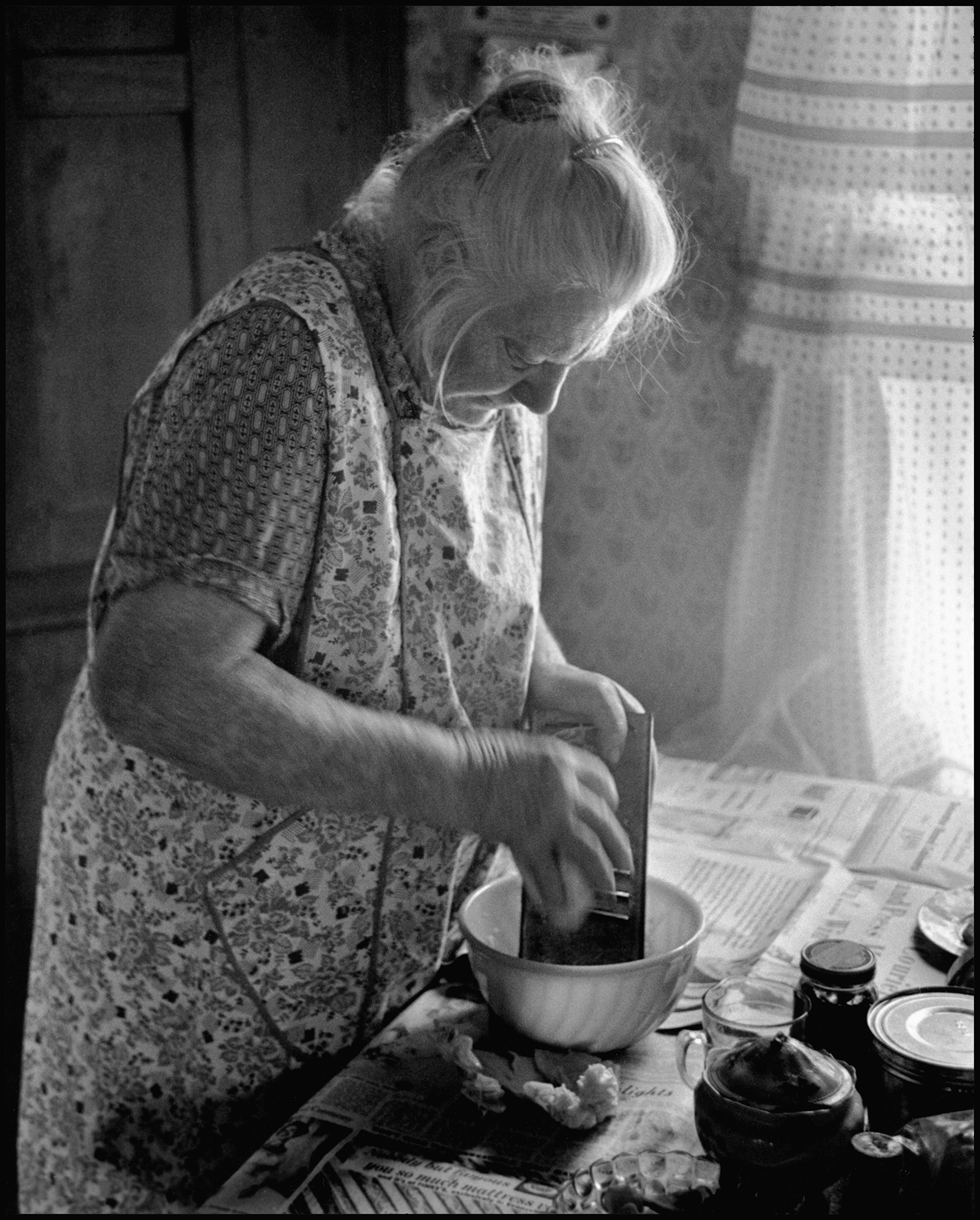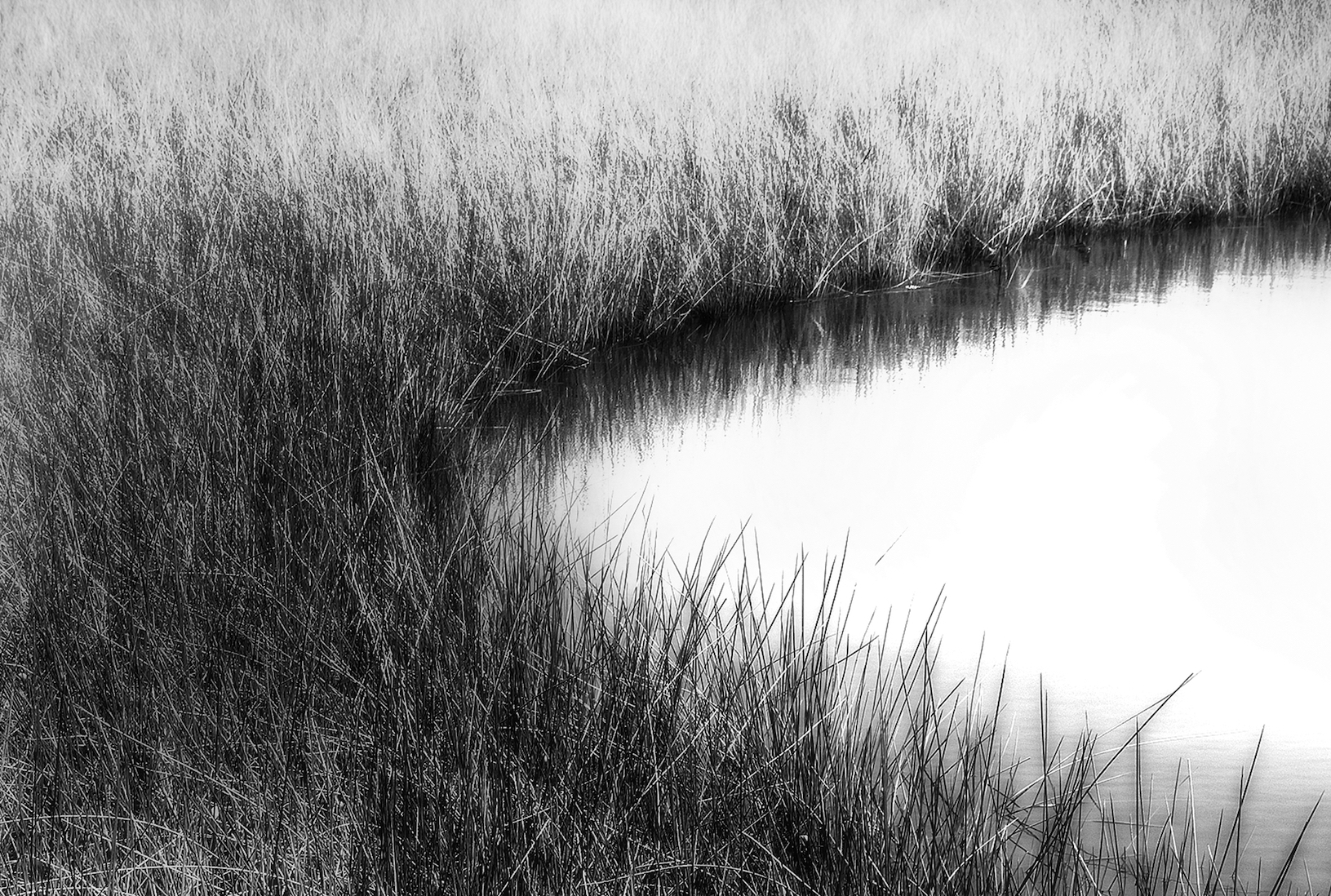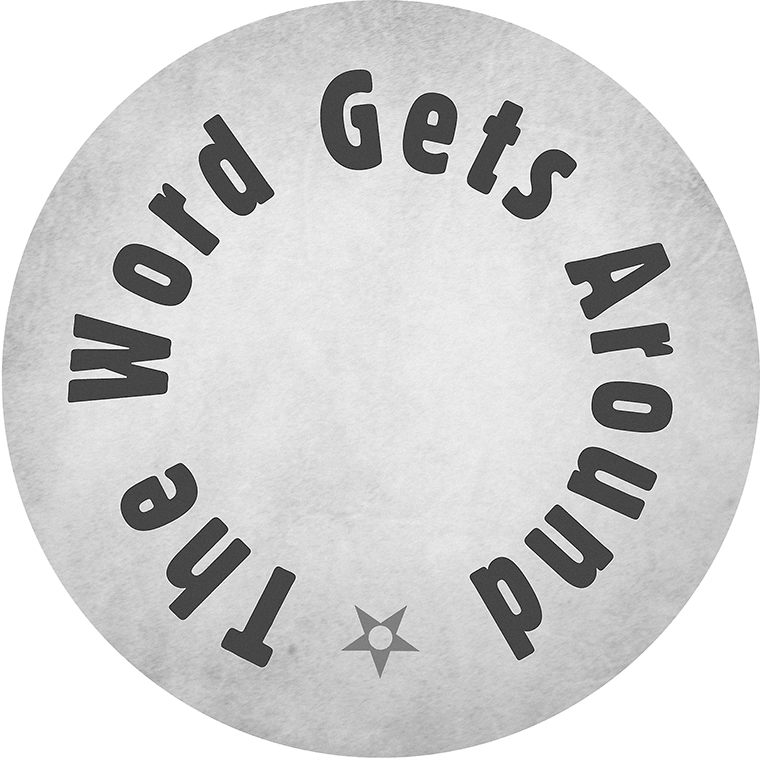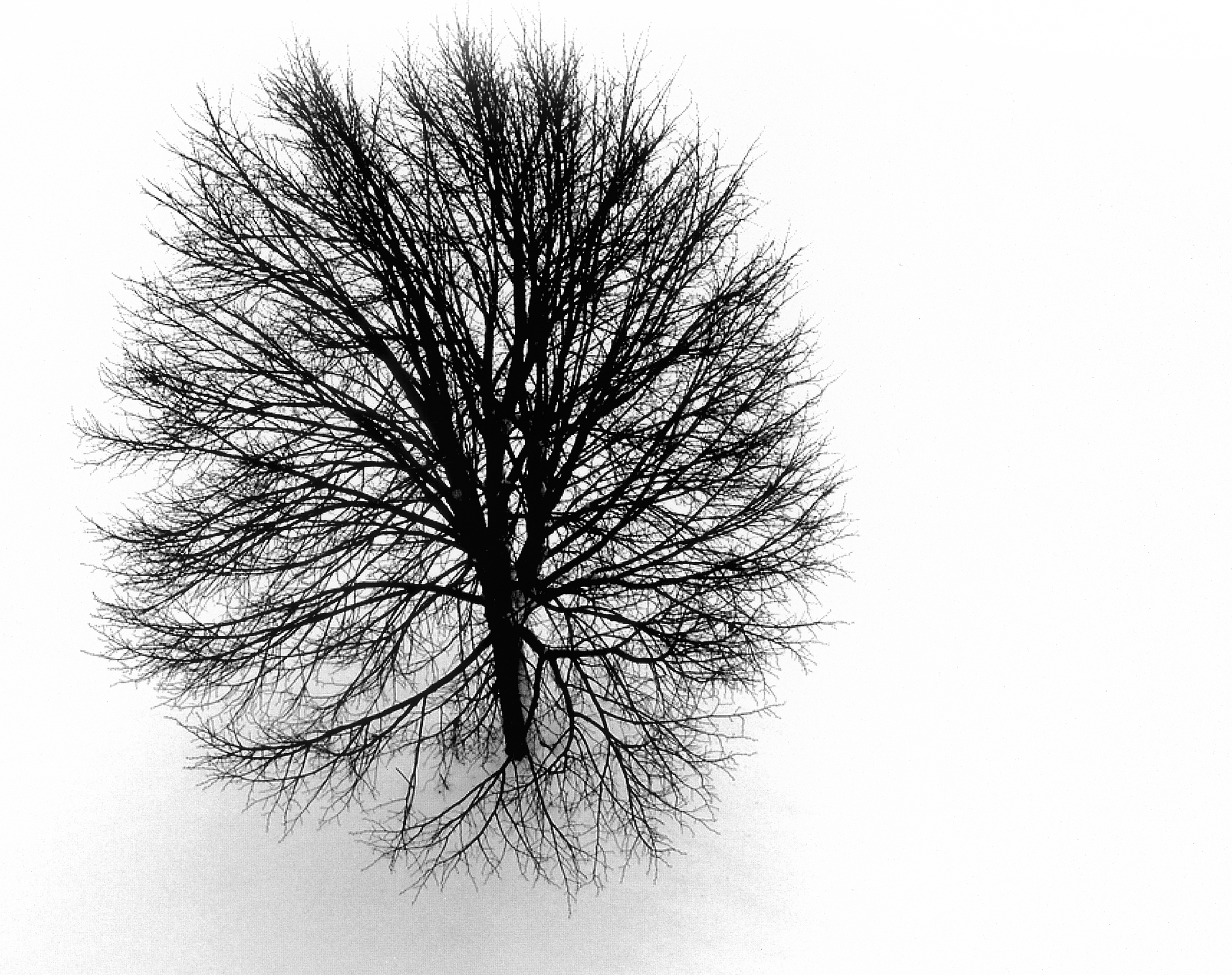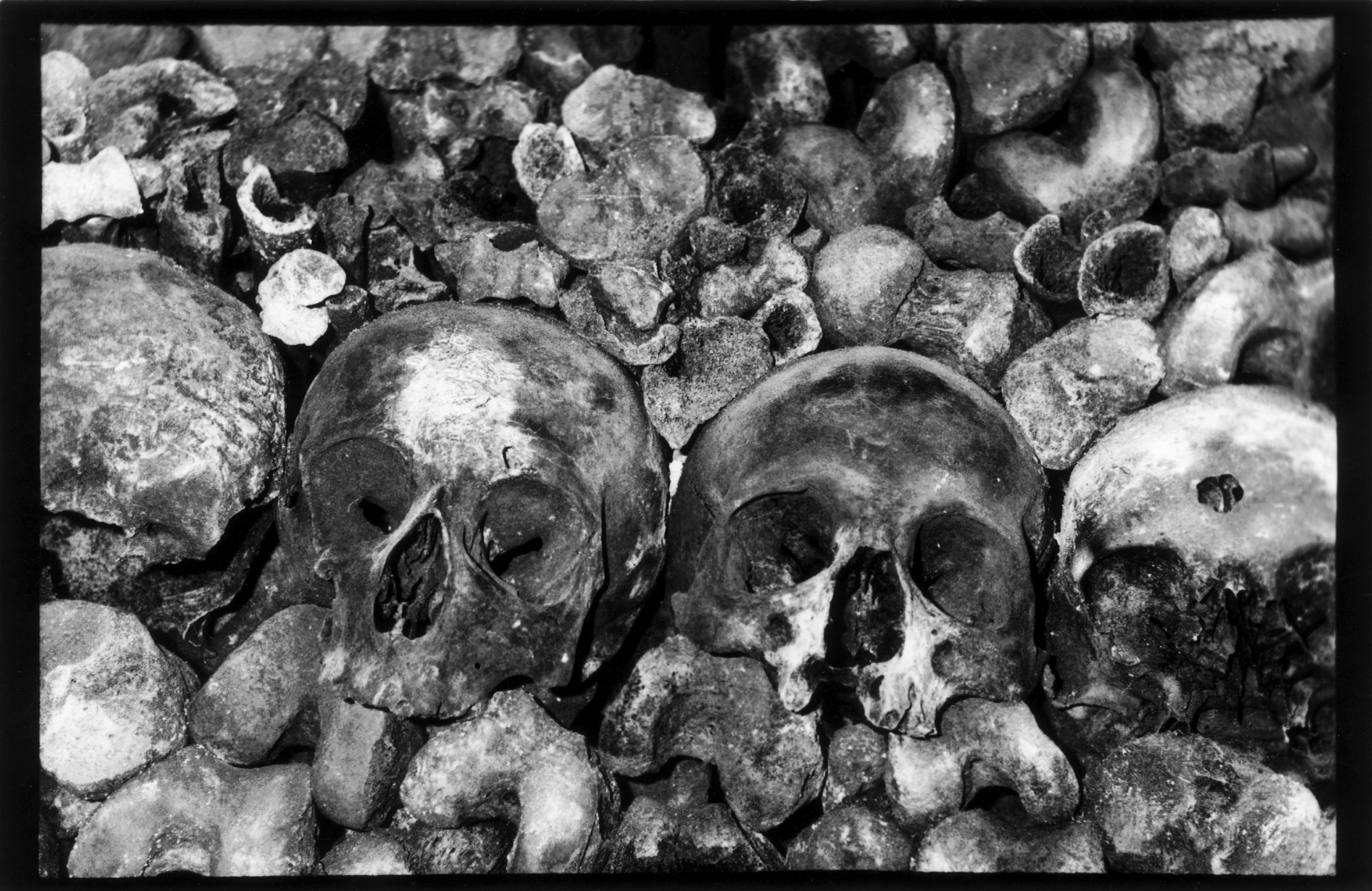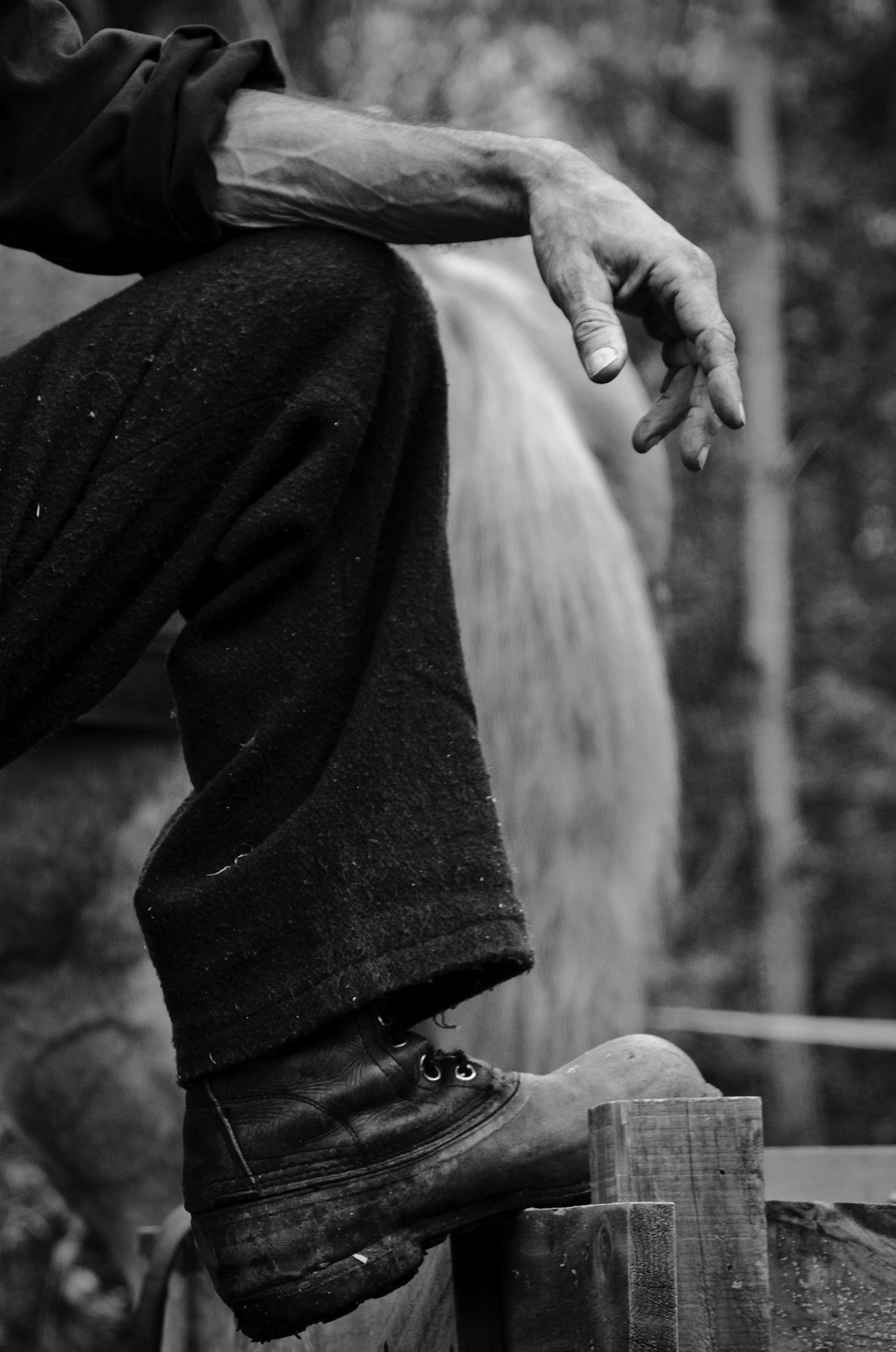Browse Topics
Sustainable Living
Sunbeams
July 2018She loved the serene brutality of the ocean, loved the electric power she felt with each breath of wet, briny air.
The Backyard
A mountain of sand, a game of cops and robbers, a pod of humpback whales
May 2016Sunbeams
November 2015The two biggest sellers in any bookstore are the cookbooks and the diet books. The cookbooks tell you how to prepare the food, and the diet books tell you how not to eat any of it.
That Terrible Thoreau
As the class winds down, I go over the answers to the quiz: Thoreau moved into his ten-by-fifteen-foot cabin on July 4, Independence Day, 1845. He chose that day to make the point that political independence is just the beginning. We’re not completely free until we also throw off our inner masters: greed, laziness, ignorance.
September 2015The End Of A Sixties Dream?
An Interview With Stephen Gaskin
We’re becoming so bland now, and I really pray that we get to see another burst of energy. When the sixties happened, it lifted me up and blew my mind and informed my consciousness in a way that was a million times heavier and more interesting than anything I’d experienced before. I think it did that for many people. And now, knowing that such a thing can happen, I can just sit here and wait for it — like “Yeah, here it comes again!”
November 2014The Word Gets Around
An Interview With Pete Seeger From The Sun’s Archives
We know that the big job is to save the world, but where do you start? I’m convinced that if we are unable to work in our home communities, the job is not going to be done. The world is going to be saved by people who fight for their homes, whether they’re fighting for the block where they live in the city or a stretch of mountain or river. But unless they can fight within their own communities, I think they’re kidding themselves.
May 2014The Undiscovered Country
John Elder On The Wild Places Close To Home
But to find the sacred only in the wilderness would be like finding it only in a beautiful church on Easter. Unless the sacred is imbued in your day-to-day life, in your work, in the food on your table, in the attitude you take toward the health of your own community, its value is limited.
June 2013We Are Not Worth More, They Are Not Worth Less
The Odyssey Of S. Brian Willson
I think of myself as a recovering white male, recovering from my early conditioning about how to be successful. The value system I was raised with dehumanized me to the point that I followed an order to travel nine thousand miles to participate in destroying another people. It’s incredible that I could do that, and without really thinking much about it. That’s why I wrote the book — to understand how it was so easy for me to do that.
March 2013Sowing Dissent
Lunatic Farmer Joel Salatin Digs In
A farm should be aesthetically, aromatically, and sensuously appealing. It should be a place that is attractive, not repugnant, to the senses. This is food production. A farm shouldn’t be producing ugly things. It should be producing beautiful things. We’re going to eat them.
October 2012Against The Grain
Peter Coyote On Buddhism, Capitalism, And The Enduring Legacy Of The Sixties
Politicians are not leaders; they are followers. They think that, because they can plunder the public treasury, they are leading. In fact they are terrified of the people. The people are a problem for them to manage, and when they can no longer manage them, they must follow them, or oppress them.
June 2011